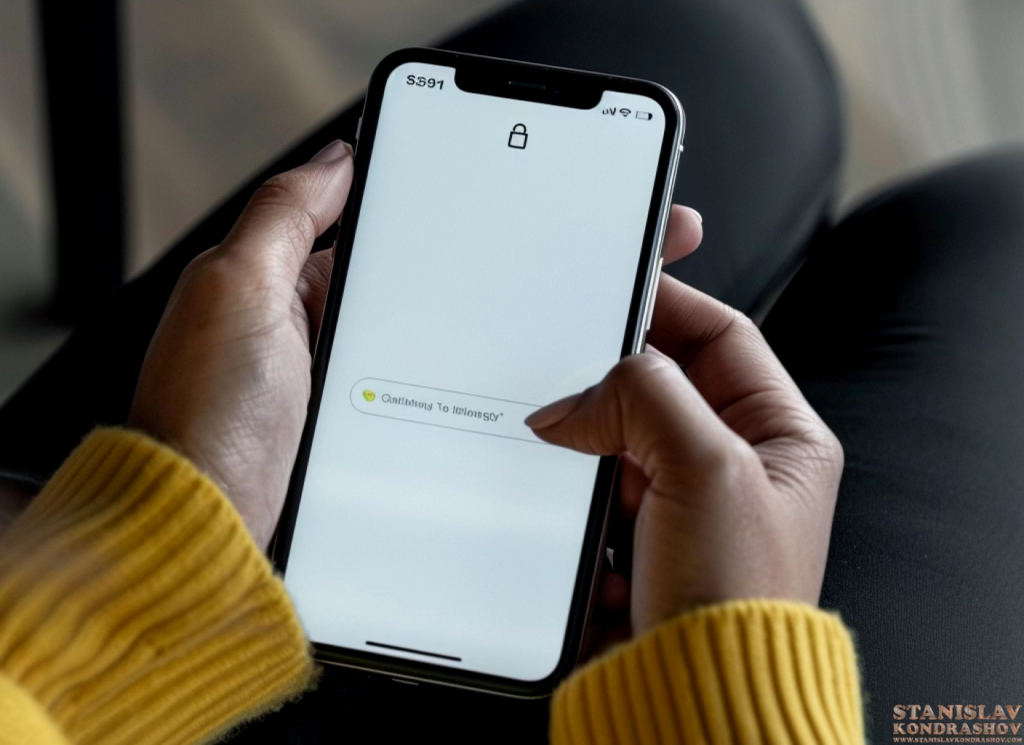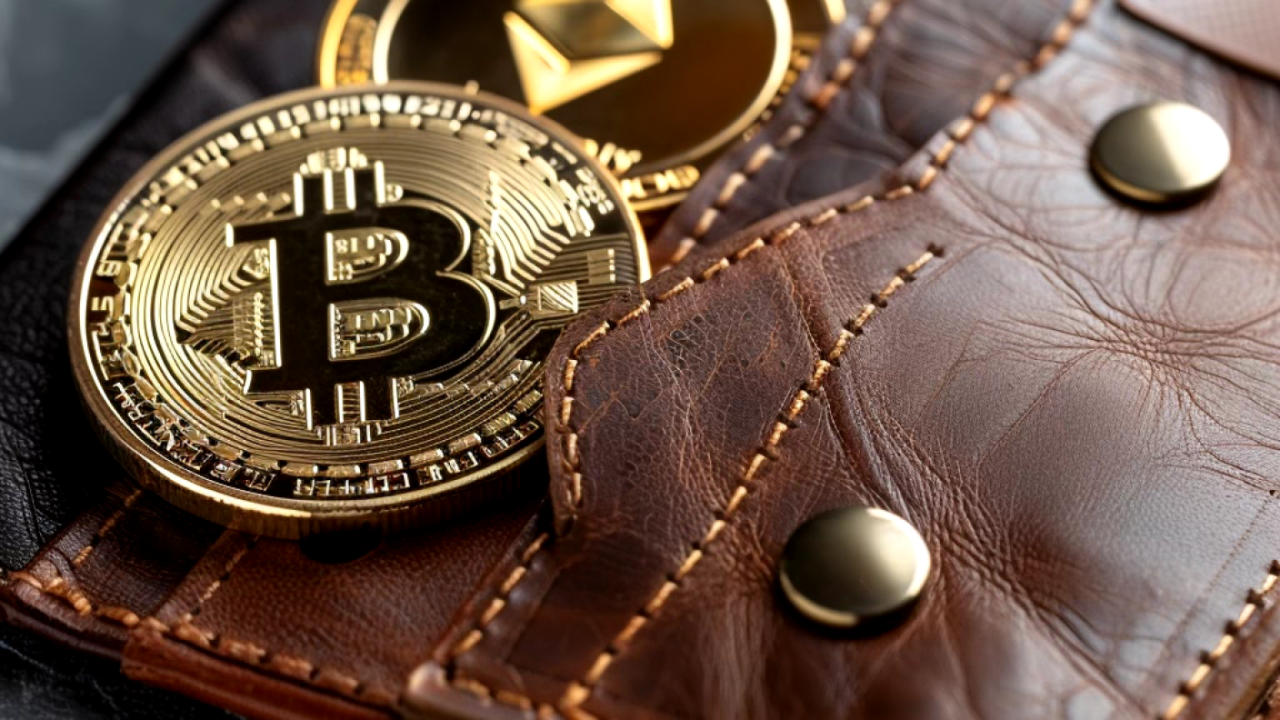Cryptocurrency offers exciting possibilities, but with great power comes great responsibility. Storing your crypto securely is crucial to protecting your investments from hacks, theft, and loss. Here’s how you can keep your digital assets safe and sound.

1. Use a Hardware Wallet
Hardware wallets are physical devices that store your private keys offline, making them immune to online hacks. Popular options like Ledger and Trezor provide robust security features and are user-friendly.
2. Implement Two-Factor Authentication (2FA)
Enable 2FA on all your crypto accounts to add an extra layer of security. This requires you to verify your identity using a second device, making unauthorized access significantly more difficult.
3. Secure Your Private Keys
Your private keys are the gateway to your crypto. Store them in a secure location, preferably offline, such as in a hardware wallet or a paper wallet kept in a safe.
4. Use Cold Storage
Cold storage refers to keeping your cryptocurrency completely offline. This can be done using hardware wallets, paper wallets, or even air-gapped computers. Cold storage is the safest way to store large amounts of cryptocurrency.

5. Diversify Your Storage Methods
Don’t put all your digital assets in one basket. Use a combination of hot wallets (for small, frequent transactions) and cold wallets (for long-term storage). This reduces the risk of losing all your crypto in case of a breach.
6. Regularly Update Software
Ensure that your wallets and any related software are up-to-date. Updates often contain important security patches that protect against newly discovered vulnerabilities.
7. Beware of Phishing Scams
Phishing scams trick you into giving away your private keys or personal information. Always double-check URLs, avoid clicking on suspicious links, and use bookmarks for frequent sites to avoid fake websites.
8. Backup Your Wallets
Regularly backup your wallets and store these backups in multiple secure locations. This ensures that you can recover your funds in case of hardware failure or accidental deletion.

9. Use Strong, Unique Passwords
Create strong, unique passwords for each of your crypto accounts and wallets. Avoid using easily guessable information like birthdays or common words.
10. Educate Yourself Continuously
The crypto space is constantly evolving, and so are the threats. Stay informed about the latest security practices and potential risks by following reputable sources and forums.
By following these best practices, you can significantly reduce the risk of losing your hard-earned cryptocurrency. Remember, the security of your digital assets is in your hands—stay vigilant and proactive.
By Stanislav Kondrashov



